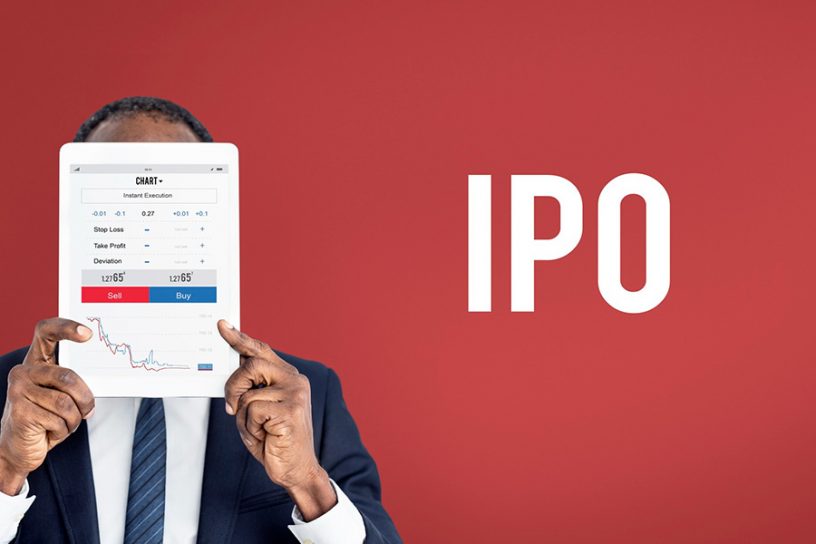
The study finds that the degree of earnings manipulation by issuer firms is positively associated with the ownership dilution at the time of IPO as well as around lockup expiration.
Authors
Priyesh Valiya Purayil, Jindal Global Business School, OP Jindal Global University, Sonipat, India; Department of Finance, Accounting and Control, Indian Institute of Management Kozhikode, Kozhikode, India.
Jijo Lukose P.J., Department of Finance, Accounting and Control, Indian Institute of Management Kozhikode, Kozhikode, India.
Summary
Prior research on earnings management largely assumes that newly public firms manage earnings opportunistically around IPOs. However, only a few studies have empirically examined the real motives behind newly public firms’ earnings management. The purpose of this paper is to examine the impact of ownership dilution on earnings management among IPO firms. The authors chose the setting of security offerings in an emerging market, which is characterised by unique ownership structure, to examine the possible incentive of owners or pre-IPO shareholders to engage in earnings management.
Methodology
The study employs accrual and real transactions measures to check the presence of earnings management among 409 IPO firms from India during the period 2000‒2018. Subsequently, using ordinary least squares regression models with heteroscedasticity-robust standard errors, this paper examines the relationship between earnings management and selling or dilution incentives of pre-IPO shareholders.
Findings
The study finds that the degree of earnings manipulation by issuer firms is positively associated with the ownership dilution at the time of IPO as well as around lockup expiration.
Practical Implications
The findings of this study will help the investors and regulators to understand the practice of earnings management among IPO firms and how it is linked to the ownership dilution of pre-IPO shareholders.
Originality
The paper contributes to the limited stream of research that investigates the motives of earnings management among IPO firms. It empirically establishes an association between the selling incentive of pre-IPO shareholders and earnings management.
Published in: Managerial Finance
To read the full article, please click here.


